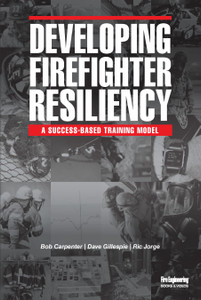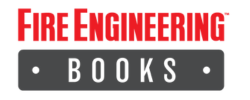
A Community of One: Building Social Resilience
Michael Wm. MarksA Community of One: Building Social Resilience
By Michael Wm. Marks, Phil Callahan, Mike Grill
What motivates you? What passions move you into action?, What external motivators push you?
Read this book to find out!
Resiliency skills are defined as goal setting, mental and physical fitness, relaxation, perspective, building beliefs, thriving, showing empathy, and building social support. Skills presented in this book represent evidence-based research that supports both resilience and practices of effective learning.
“Workplace suicide is higher among police, firefighters and medical providers. To be a survivor demands an internal commitment to learn the life lessons hidden within the heartbreaks we will encounter in our lives.”
Humans are herd animals, and only together have we been able to survive as a species. The lone wolf is a Hollywood myth. A healthy support system is one in which we both give and receive support. This book is about learning how to develop these crucial networks.
Who is a hero?
- A hero is the parent who rises in the middle of the night to care for a sick child.
- A hero is the teacher who inspires students to achieve their dreams.
- A hero is the nurse who holds the hand of a dying patient.
- A hero is the child who intervenes when another kid is being bullied.
Heroes come in all shapes and sizes. Most times heroes don’t like being called heroes. We are all heroes in our own stories, even more so for those of us called to be first responders. As heroes, each of us must undertake our own personal hero’s journey. This course will be such an adventure. Let us begin, together.
Social support is foundational to resilience. First responders - cops, firefighters, nurses, EMTs – collectively hold our society together. They deal with the emergencies and stresses of society. They help us cope physically and mentally. They are our social support system and provide the connection individuals need to feel part of the community.
- Format:
- Softcover
- Number of Pages:
- 182
- Published Date:
- 2018
- ISBN:
- 9781593704568
Reviews
-
Social health
This book is a true gem, and well ahead of its time for the fire service. I wish it had another title and cover, so others would notice it. This book is an incredible guide to what we all need to learn in order to live longer, healthier lives, and simple changes we can make to become more resilient. It covers all the coping techniques firefighters need, and how to truly live in a way to better yourself and others. Amazing, well written and cited chapters on preventing suicide and PTSD through positive social support, empathy, sleep, perspective, and how all these areas tie into health. A must read for all fire service members and leaders.





